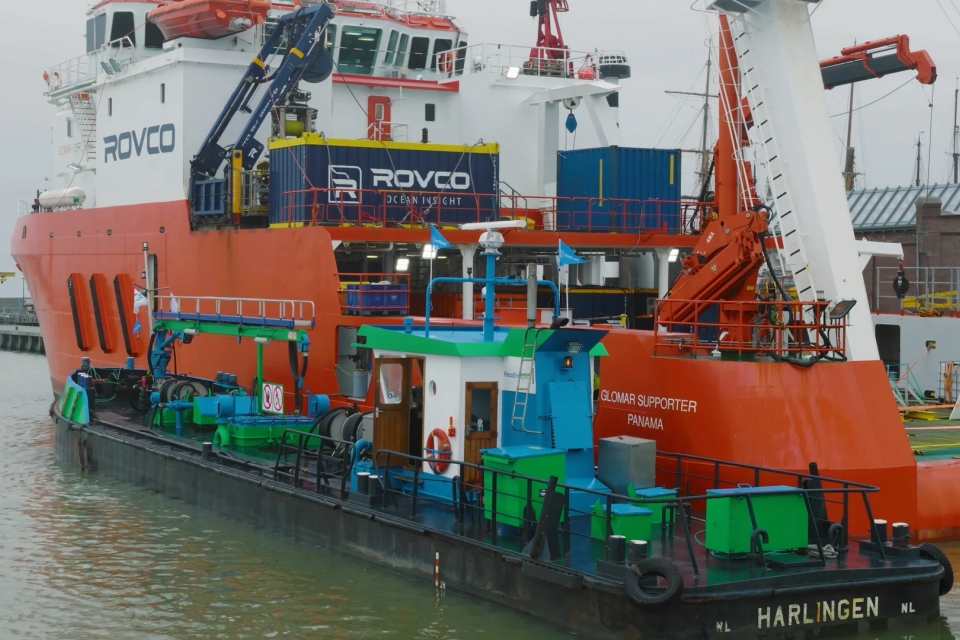Glomar Offshore, a provider of offshore drilling services, says it has reduced its CO2 emissions by 28 per cent by transitioning from traditional fuels to hydrotreated vegetable oil (HVO). To this end, FincoEnergies supplies its GoodFuels HVO30.
Glomar took its first steps towards making its operations more sustainable several years ago by adding FincoEnergies’ ChangeXL additive, which resulted in a 1,006,892 kg CO2 reduction in 2023. Now, the company switches from traditional marine fuels to GoodFuels HVO30 and aims to use GoodFuels HVO30 across its entire fleet.
The first delivery of this sustainable alternative to fossil fuels took place in January and has resulted in an additional 28 per cent reduction in CO2 emissions.
Also read: Jumbo ships three Liebherr cranes across the Atlantic on biofuels
Dropped directly
FincoEnergies facilitates the switch. Mike Visser, sales manager at FincoEnergies, explains: ‘We are happy to support Glomar Offshore as they work to reach their decarbonisation goals. Our team offers expert insights on sustainable marine biofuels, calculates potential CO2 reductions, and provides comprehensive technical advice for transitioning from traditional to GoodFuels marine biofuels.’
Melvin Weij, COO at Glomar Offshore, adds: ‘The transition to GoodFuels HVO30 marks a significant milestone in our journey. And the most beneficial part is that – in addition to GoodFuels sustainable biofuels being derived from feedstocks that are certified as 100% waste and residues – HVO30 is a drop-in fuel, which means it can be dropped directly without having to make changes to the fuel infrastructure or the engine of our ship. Our next decarbonisation goal is switching to a higher blend, HVO40, with dedicated support from our partner, FincoEnergies.’
Picture: Glomar vessel bunkering HVO (by Finco Energies).
Also read: What makes the new research vessel Wim Wolff sustainable?








